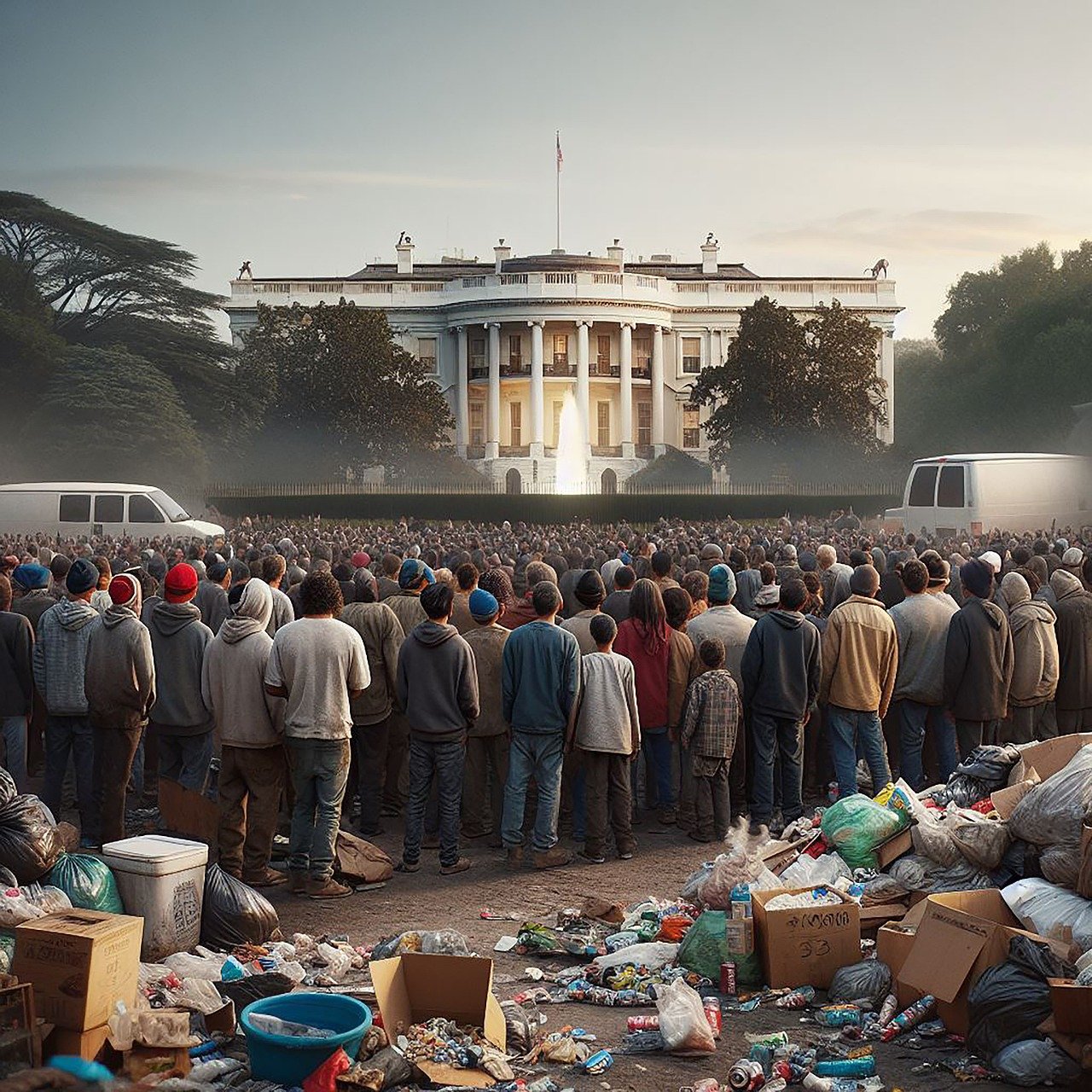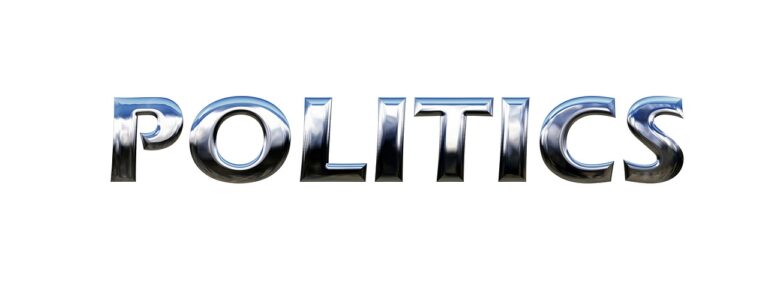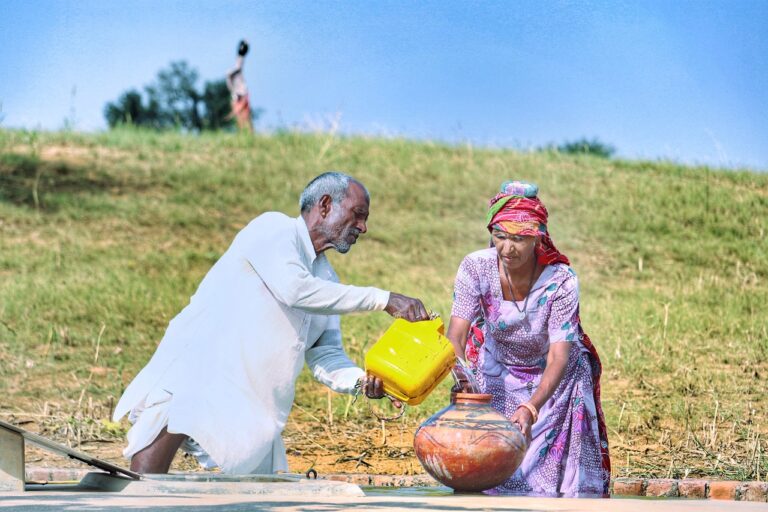Political Debates and Their Influence on Policy Discourse
Political debates have a long history dating back to ancient times when philosophers and politicians engaged in discussions to persuade and convince others of their viewpoints. These debates were crucial in shaping political decisions and public opinion, even though they may have lacked the structured format we see in modern debates.
Over the centuries, the format and nature of political debates have evolved, influenced by cultural and technological developments. In the United States, the famous Lincoln-Douglas debates of 1858 are often cited as a turning point in the history of political debates, setting a precedent for the rigorous exchange of ideas in a public forum. Since then, televised debates, social media platforms, and evolving communication technologies have further transformed the way political debates are conducted and perceived by the public.
The Role of Media in Shaping Political Discourse
Media plays a crucial role in shaping political discourse by influencing public opinion and framing the narratives surrounding political issues. Through various platforms such as television, newspapers, and social media, the media has the power to set the agenda and control what information reaches the public. This control over the flow of information can significantly impact how individuals perceive political candidates, parties, and policies.
Moreover, the media not only reports on political events but also interprets and analyzes them, providing context and shaping the way people understand complex political issues. By selecting which stories to cover, how to frame them, and which experts to include, the media can sway public opinion and influence the direction of political debates. In this way, media outlets have a considerable responsibility in shaping the national conversation and guiding public perceptions of the political landscape.
The Impact of Political Debates on Public Opinion
Political debates play a crucial role in shaping public opinion as they provide a platform for candidates to present their beliefs, policies, and ideas to the electorate. These debates offer viewers a direct insight into the candidates’ character, leadership qualities, and competence, influencing how they are perceived by the audience. As a result, public opinion can be significantly swayed based on the candidates’ performance and the substance of their arguments during these debates.
Moreover, political debates serve as a forum for discussing pressing issues and addressing important topics that are pertinent to society. The way in which candidates present their views and engage in discussions can impact how these issues are perceived by the public. By watching these debates, viewers may form opinions, develop preferences for certain candidates, and even change their perspectives on various political matters. Thus, political debates have the power to shape public opinion and influence the direction of political discourse in society.
Political debates provide a platform for candidates to present their beliefs and policies
Debates offer insight into candidates’ character, leadership qualities, and competence
Public opinion can be swayed based on candidates’ performance during debates
Debates serve as a forum for discussing pressing issues and addressing important topics
Candidates’ presentation of views can impact how issues are perceived by the public
What is the history of political debates?
Political debates have been a common practice in democracies for centuries, dating back to ancient Greece. They serve as a platform for candidates to present their ideas and policies to the public.
How does the media influence political discourse during debates?
The media plays a significant role in shaping political discourse during debates by framing the narrative, highlighting key moments, and providing analysis and commentary on the candidates’ performance.
What is the impact of political debates on public opinion?
Political debates can have a significant impact on public opinion by influencing how voters perceive the candidates, their policies, and their leadership qualities. Debates can sway undecided voters and shape the overall narrative of the election.
Are political debates always objective and fair?
Political debates may not always be completely objective and fair, as factors such as media bias, candidate performance, and moderator influence can shape the outcome. It is important for viewers to critically analyze the debates and consider multiple sources of information.







